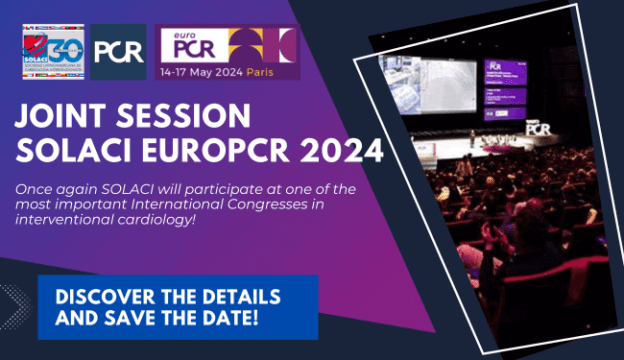Once a big void that prevented us from effectively assessing functional compromise, intermediate aortic stenosis has made us treat many lesions “just in case”, to save us what would be a complicated procedure, had a valve been placed. Auspiciously, some light has been shed by several, most welcome, studies simultaneously published in J Am Coll Cardiol Intv.

Mean iFR was 0.86 (0.76 to 0.93) and FFR was 0.84 (0.76 to 0.91). According to authors, iFR values showed good correlation with FFR values. However, these figures have different clinical implications, seeing as they have different cutoff values. The authors adjusted iFR cut off value to 0.82, but considered standard an FFR cutoff value of ≤0.75. The latter used to be the original value, the one in the DEFER study, one that has been replaced by 0.8 since the FAME trials.
Read also: Safety of Lesion Deferral with iFR or FFR in Both Stable and Acute Patients.
FFR and iFR values also correlated well with perfusion values.
Conclusion
According to this study, iFR, FFR, and stress adenosine prefusion values correlate well in patients with severe aortic stenosis. However, this could be misleading: there was no assessment after procedure to check whether values had changed. In this context, rather than changing cutoff index values, it would be easier to measure with iFR alone, since it is not affected by stenosis, compared to FFR which tends to underestimate severity.
Original title: Instantaneous Wave-Free Ratio for the Assessment of Intermediate Coronary Artery Stenosis in Patients with Severe Aortic Valve Stenosis. Comparison With Myocardial Perfusion Scintigraphy.
Reference: Futoshi Yamanaka et al.
Subscribe to our weekly newsletter
Get the latest scientific articles on interventional cardiology
We are interested in your opinion. Please, leave your comments, thoughts, questions, etc., below. They will be most welcome.





